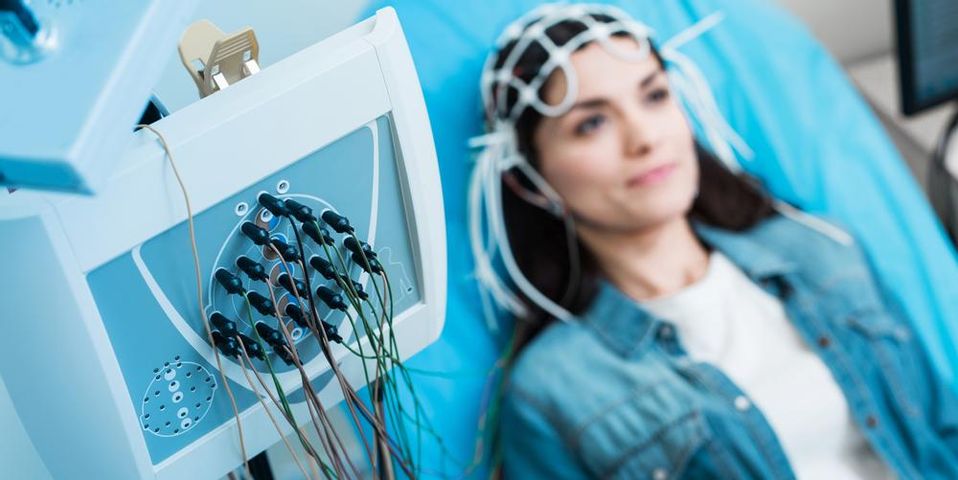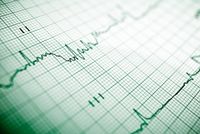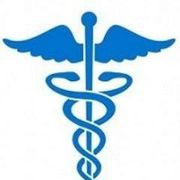Neurology Experts Explain EEGs & How to Prepare for Them

Every instant, the brains’ cells communicate with one another via electrical impulses. Sometimes, a doctor may recommend that a patient undergo an electroencephalogram or EEG, which is a test that helps monitor the activity of these cells. The procedure can help medical professionals diagnose potential conditions ranging from epilepsy to brain tumors. At Fairbanks Psychiatric & Neurological Clinic APC in Alaska, the experienced team of board-certified neurologists utilize the test to help patients address a variety of issues. If you’re unfamiliar with EEGs, the neurology professionals explain what you should know in the sections below.
What Does an EEG Entail?
The trained technologist, usually an REEGT, will place several electrodes at specific points on the scalp. The electrodes are harbored within small discs attached to wire, which will cover most of the head. During the procedure, the electrodes “read’” the brain’s electrical charges. The charges will then be recorded as a graph on a computer screen.
 By examining these results, an experienced medical provider can assess abnormalities in the brain waves, which can help rule out or diagnose specific neurological conditions. For example, an EEG may be used to diagnose a brain tumor, sleep disorder, or to negate the possibility of an epilepsy diagnosis.
By examining these results, an experienced medical provider can assess abnormalities in the brain waves, which can help rule out or diagnose specific neurological conditions. For example, an EEG may be used to diagnose a brain tumor, sleep disorder, or to negate the possibility of an epilepsy diagnosis.
How Should You Prepare for an EEG?
If you have an EEG test scheduled, you may want to know how to prepare. While you should always ask a medical doctor about what to do prior to the test, it’s useful to learn the basics.
The night before the test, you should not use conditioner, gels, or other hair care products, as these can make adhering the electrodes more challenging. Instead, just wash your hair with shampoo and make sure your hair is dry. Once you arrive at the health care clinic, inform your neurology provider of all current medications and supplements you’re taking. In some cases, the doctor may have advised you to stop taking certain medications that could interfere with the results.
You should eat as usual before the test, since low blood sugar may alter the results. Some EEG tests are conducted while the patient is asleep. For these, avoid caffeine and alcohol 12 hours prior to the test. Most routine EEG’s are done while the patient is awake. For this reason, it’s important to listen to your doctor about your sleep regimen prior to the test. If you are supposed to sleep during the procedure, the doctor may limit your nighttime rest to about five hours or more.
If you think you may need an EEG, consult your primary care physician, who will then send a referral to the professionals at Fairbanks Psychiatric & Neurological Clinic, APC. The premier team of neurologists and their in-house technologist offer the advanced assessments patients deserve. To learn more about their services, visit the website. If you would like to schedule an appointment for neurology, please make sure your doctor has sent a referral for services and call today at (907) 452-1739.
About the Business
Have a question? Ask the experts!
Send your question

